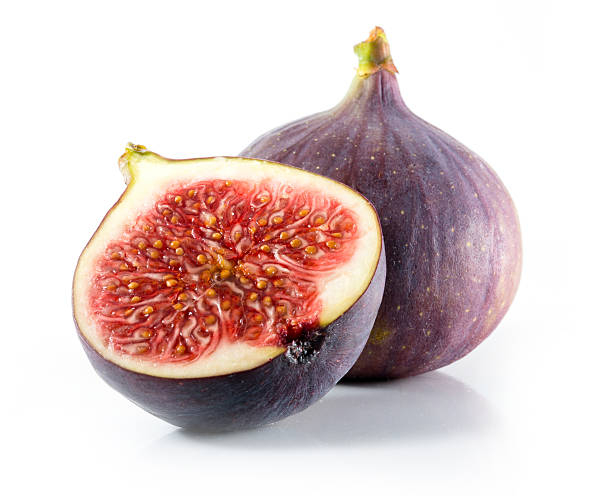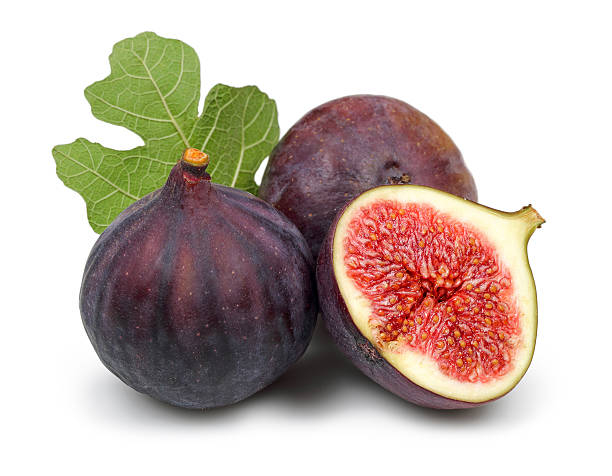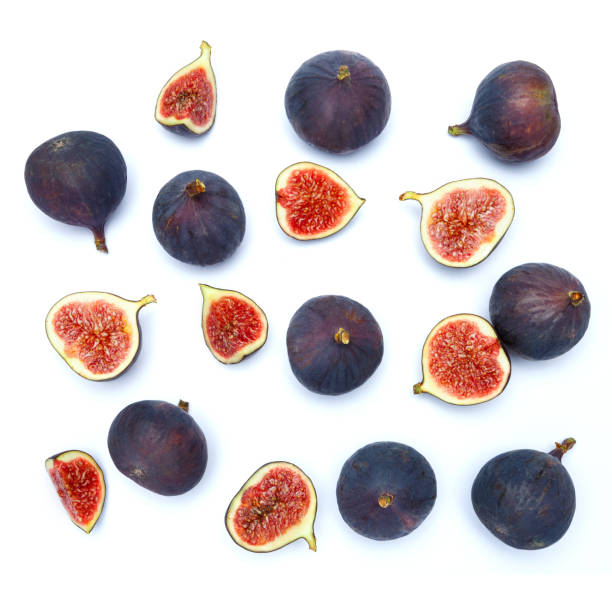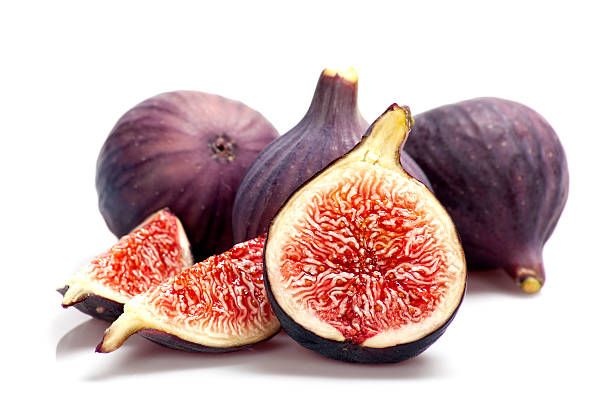Top 5 Health Benefits of Figs
Figs are a one-of-a-kind fruit that resembles a teardrop. They're roughly the size of your thumb, loaded with hundreds of tiny seeds, and have a purple or ... read more...green peel that's tasty. The fruit's flesh is pink and has a moderate, sweet flavor. Ficus carica is the scientific name for the fig. Figs and their leaves are high in nutrients and have a number of possible health advantages. Continue reading for more details.
-
Fresh figs are high in nutrients and low in calories, making them an excellent supplement to a balanced diet. One small (40-gram) fresh fig contains:
- Calories: 30
- Protein: 0 grams
- Fat: 0 grams
- Carbs: 8 grams
- Fiber: 1 gram
- Copper: 3% of the Daily Value (DV)
- Magnesium: 2% of the DV
- Potassium: 2% of the DV
- Riboflavin: 2% of the DV
- Thiamine: 2% of the DV
- Vitamin B6: 3% of the DV
- Vitamin K: 2% of the DV
Fresh figs include some calories from natural sugar, but a few figs are a low-calorie snack or supplement to a meal. Dried figs, on the other hand, are high in sugar and calories because the sugar becomes concentrated when the fruits are dried. Figs contain trace levels of several minerals, but they are especially high in copper and vitamin B6. Copper is an essential mineral that is involved in a variety of body functions such as metabolism and energy generation, as well as the development of blood cells, connective tissues, and neurotransmitters.

High in Nutrients 
High in Nutrients -
For many years, figs have been used as a home cure or alternative treatment for digestive issues such as constipation. They include fiber, which may aid in digestive health by softening and bulking stools, reducing constipation, and acting as a prebiotic — or food source for the good bacteria in your gut. In animal experiments, fig fruit extract or paste aided in the passage of food through the digestive tract, lowering constipation and alleviating the symptoms of digestive illnesses such as ulcerative colitis.
A study of 150 persons with irritable bowel syndrome with constipation (IBS-C) discovered that those who ingested roughly 4 dried figs (45 grams) twice a day had a substantial reduction in symptoms, including discomfort, bloating, and constipation when compared to a control group. Furthermore, a comparative study in 80 persons discovered that taking roughly 10 ounces (300 grams) of fig fruit paste daily for 8 weeks dramatically reduced constipation when compared to a control group.

Promote Digestive Health 
Promote Digestive Health -
Figs may lower blood pressure and blood fat levels, so improving vascular health and lowering your risk of heart disease. According to one study, fig extract lowers blood pressure in rats with normal blood pressure as well as those with high blood pressure. Animal studies have also demonstrated that supplementation with fig leaf extract improves total cholesterol, HDL (good) cholesterol, and triglyceride levels.
In a 5-week trial of 83 adults with high LDL (bad) cholesterol, researchers discovered that those who added roughly 14 dried figs (120 grams) to their diet daily had no differences in blood fat levels when compared to a control group. More human research is needed to better understand the link between figs and heart health.

May Improve Vascular and Heart Health 
May Improve Vascular and Heart Health -
One 1998 research of ten persons with type 1 diabetes discovered that drinking fig leaf tea with breakfast may have reduced their insulin demands. Their insulin dosages were reduced by roughly 12% during the month they were given fig leaf tea. Furthermore, a recent study discovered that drinks containing high dosages of fig fruit extract had a lower glycemic index (GI) than beverages having no fig fruit extract, implying that these drinks might have a better influence on blood sugar levels.
However, fig fruits, particularly dried figs, are rich in sugar and may temporarily raise blood sugar levels. Limit your intake of dried figs if you have difficulties controlling your blood sugar levels.

Manage Blood Sugar Levels 
Manage Blood Sugar Levels -
Figs may be good for your skin, especially if you have allergic dermatitis, which is dry, itchy skin caused by allergies. In one research of 45 children with dermatitis, a cream produced from dried fig fruit extract administered twice daily for two weeks was shown to be more effective than the conventional therapy, hydrocortisone cream.
Furthermore, in a test-tube and animal investigation, a mixture of fruit extracts, including fig extract, was found to have antioxidant effects on skin cells, decrease collagen breakdown, and improve the look of wrinkles. However, it is impossible to say whether the favorable benefits were caused by the fig extract or one of the other extracts being investigated. More study is required to assess the impact of figs on skin health.

Promote Healthy Skin 
Promote Healthy Skin


























